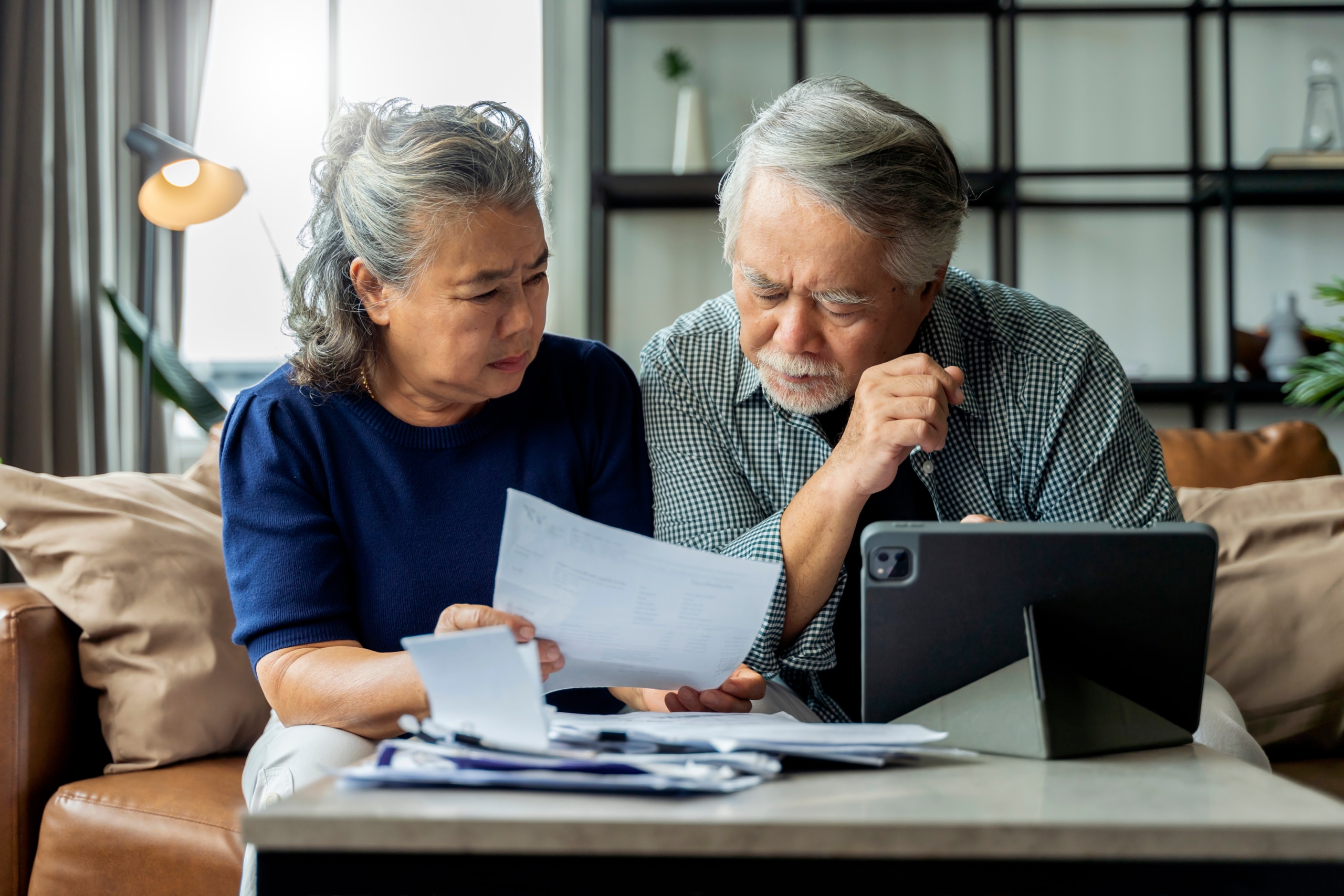What is a reverse mortgage? And, why does a reverse mortgage hurt rather than help an elderly homeowner?
Q: I was recently evicted from my home, where I lived with my mother before she died. This is due to a reverse mortgage. I am disabled and now have no home. My mother signed this loan against my advice. But the property was in her name.
I read that people are not supposed to take out a reverse mortgage to pay off another loan but this is exactly what my mom did. She used her reverse mortgage funds to pay off credit card debts. And then she died.
Can reverse mortgage funds be stolen?
My sister had power of attorney for financial matters for my mom and now the funds that my mom received from the reverse mortgage are gone. So here I sit with my third of my mom’s remaining estate but without a home.
I was my parents’ caregiver. It seems to me that this was elder abuse. What are your suggestions?
Reverse mortgages aren’t right for everyone
A: It sounds as though you’re in a tough spot. Reverse mortgages are supposed to help seniors (age 62 or older) who find themselves house rich and cash poor. But because of the limitations, reverse mortgages aren’t the right answer for everyone.
Let’s start with an explanation of what a reverse mortgage is and what it can do for some homeowners. In addition to one of the homeowners being at least 62 years of age, this form of financing requires that you either own your home outright or have a substantial amount of equity in the property.
Reverse mortgage rules
Some seniors have trouble paying their bills, but want to stay in their home. Others may need to spend money to replace a roof or undertake a renovation that will accommodate a disability. If you don’t have an income other than Social Security, you might not qualify for a cash-out refinance or a home equity loan. A reverse mortgage lender will determine whether you qualify for a mortgage based on the amount of equity you have in your home. (Equity is the difference between any mortgage balance and the amount your home sells for in today’s market.) A second consideration is your age – if you are older you will qualify for a larger reverse mortgage.
From your letter it would appear that your mom was at least 62 and must have had a substantial amount of equity in the home in order to obtain the reverse mortgage. It’s also clear that you didn’t approve of your mother’s decision to take out a reverse mortgage on her home. But, if she was of sound mind, that was her decision to make.
Unfortunately, you’ve discovered one of the shortcomings of a reverse mortgage. When the last owner of a home dies, or ceases to use the home as a primary residence, the reverse mortgage loan comes due and must be paid off.
It appears that when your mom died, the lender called the loan. Under the terms of the reverse mortgage, the lender has the right to sell the home to satisfy the debt owed on the reverse mortgage. Hence, the lender was able to evict you and sell the home.
Reverse mortgage and elder abuse
You mentioned that your sister had power of attorney over your mother’s financial matters but you didn’t mention how or why you think your sister committed elder abuse. When your mom died, her assets, including any cash she had, would have been distributed to her children or heirs as provided by her will. You mentioned that you got your third of your mom’s estate but didn’t give us any details as to why you suspect there should have been other monies included in the estate.
The longer you have a reverse mortgage, the more of a home’s value is eaten up by the interest. Since you don’t repay a reverse mortgage while you’re living in the home, the unpaid interest is added onto the principal balance, which grows larger by the day. Reverse mortgages are designed to leave the heirs something after the home is sold and balance is paid off. But, that doesn’t always happen. If a home has fallen in value, then there may be nothing left of the equity after the reverse mortgage is paid off.
Mismanaged reverse mortgages can lead to trouble for the homeowner
On the face of it, we don’t know why you think there has been elder abuse. Did someone force or coerce your mom to take out a reverse mortgage or did she make that choice herself? Was she mentally capable of managing her financial issues until the end of her life or did your sister make these decisions and sign the paperwork? Did your sister divert remaining funds from the estate into her own pocket? You’ll need to do a bit more digging to figure out if anything improper occurred with your mom’s estate.
Elder abuse, whether physical, mental, or financial, is a terrible thing. And, it’s extremely difficult to deal with being disabled and homeless. Try to get more information to determine if something wrong occurred. If you do find evidence of wrongdoing, you might want to talk to an attorney that concentrates their practice on family law issues to go over the details with you and see if there is something that you should or can do.
Read more about reverse mortgages
How to use a reverse mortgage as an investment
©2023 by Ilyce Glink and Samuel J. Tamkin. Distributed by Tribune Content Agency.







Leave A Comment